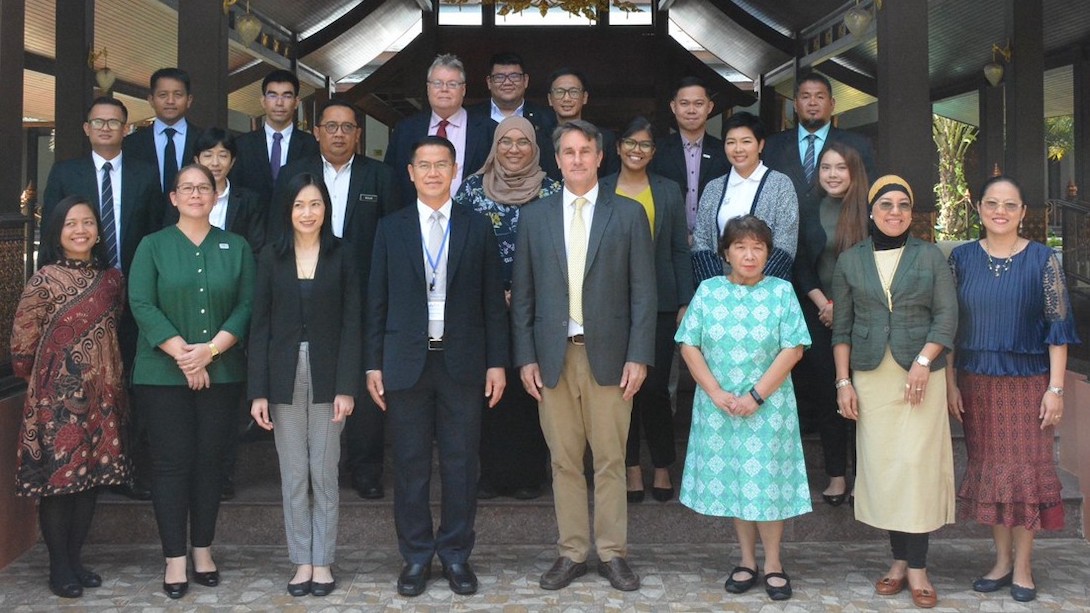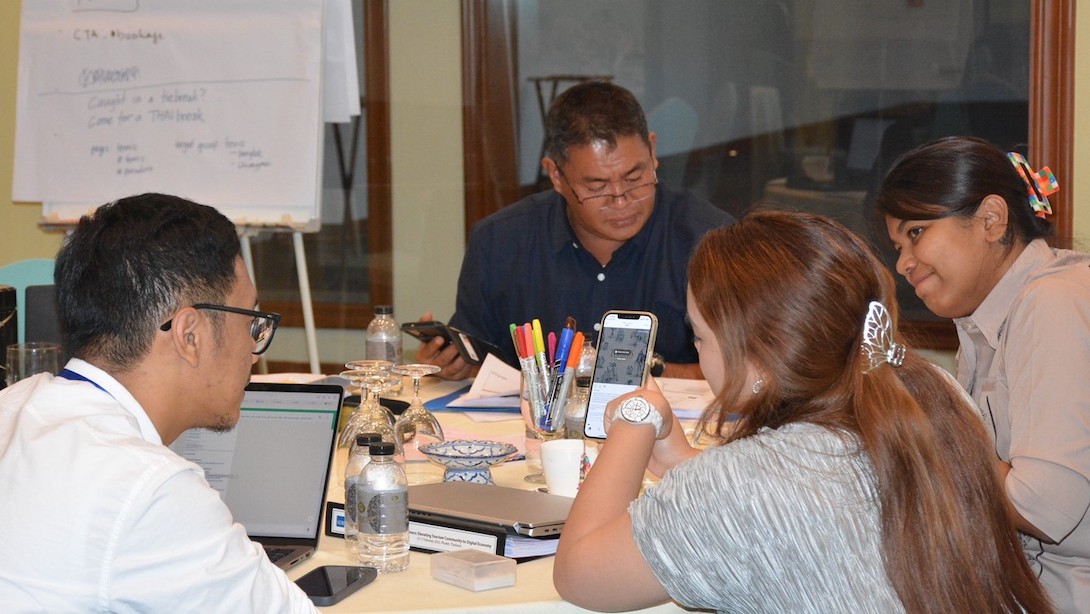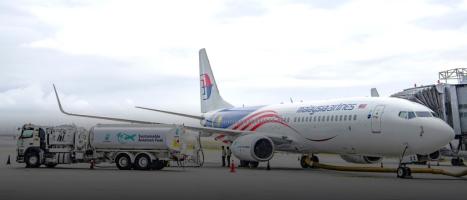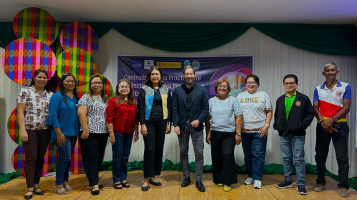
Businesses can reach more customers and improve their services with the help of digital technology. Photo credit: ADB.
ADB and Thailand organize training to help tourism MSMEs adopt digital technologies to analyze consumer data, market services, and boost profitability.
The Asian Development Bank (ADB), in collaboration with the Department of Tourism, Ministry of Tourism and Sports, Thailand; the BIMP-EAGA Facilitation Centre; and the Centre for Indonesia-Malaysia-Thailand Growth Triangle Subregional Cooperation (IMT-GT), conducted the “Training of Trainers: Elevating the Tourism Community to Digital Economy” program on 12 to 17 February in Phuket to help more micro, small, and medium-sized enterprises (MSMEs) tap into digitalization.
At the opening of the training session, Deputy Director-General Boonserm Khunkaew, who is currently Acting Director-General of the Department of Tourism, Ministry of Tourism and Sports of Thailand, said the program aims to help trainers teach tourism MSMEs in their countries, particularly in the areas of digital tourism solutions, digital marketing and communications, and adult learning. Field visits in Phuket will give participants a chance to “deepen understanding of the actual constraints faced by tourism MSMEs in their uptake of digital technology.”
“Digital technologies have become an indispensable tool for building a successful tourism business and for managing visitors,” said Steven Schipani, principal tourism industry specialist at ADB’s Southeast Asia Department, in Phuket.
“Technology allows businesses to reach more customers, operate more efficiently, and provide memorable customer services. Another important way technology can help small tourism businesses is by providing affordable access to data and insights on customer behavior and market trends.”

Pandemic recovery
The program, which was proposed by Thailand, is timely since participating countries have eased travel restrictions and reopened their borders to tourists last year. The activity is aligned with joint efforts of BIMP-EAGA and IMT-GT to boost the tourism industry’s recovery from the COVID-19 crisis.
Helping small tourism enterprises regain their footing is vital to the full recovery of the industry. MSMEs make up about 80% of tourism businesses in the world. The COVID-19 pandemic exposed the vulnerability of these small enterprises and local communities that depend on tourism for livelihood.
In Southeast Asia, the tourism industry accounted for 12.1% of the gross domestic product (GDP) in 2019 and employed 42 million workers, mostly women working for small businesses. Because of the COVID-19 crisis, its contribution to regional GDP fell by 53% in 2020, pushing more people into poverty.

Digital innovation
On the other hand, the pandemic helped accelerate digitalization and the shift to a digital economy, enabling innovative ways to cope with health risks and restrictions and promote safe travel, such as cashless and contactless transactions and contact-tracing tools. However, many MSMEs in the tourism industry have yet to make the digital transition. They face considerable barriers to adopting digital solutions, including limited knowledge, skills and access to training.
“While the COVID-19 pandemic caused a severe tourism downturn in 2020 and 2021, it also significantly expanded the use of digital technologies in travel and tourism,” said Schipani. “However, many traditional micro- and small tourism enterprises in Southeast Asia are still not effectively using digital technology—putting them at risk of missing out on the long-awaited tourism recovery that is finally gaining momentum across the region.”
The program’s overall objective is to equip BIMP-EAGA and IMT-GT mid-level government officials and tourism industry association members with practical knowledge and skills needed to teach tourism MSMEs how to use digital solutions to become more competitive and accelerate their recovery from the pandemic.
“This program intends to transfer knowledge and skills needed to train mainly micro- and small tourism enterprises how to use the range of digital technologies available to access and analyze consumer information, cost-effectively market and promote their products and services, and boost efficiency and profitability,” said Schipani.
This story was first published by BIMP-EAGA on 16 February 2023.


